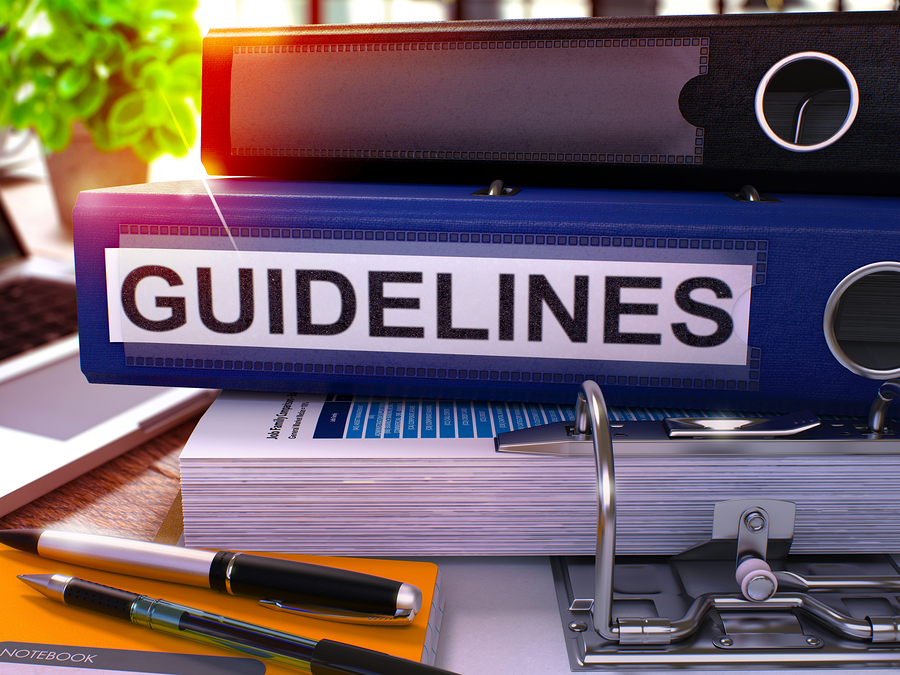Doctors Say Guidelines Exaggerate Effectiveness of Lyrica and Neurontin
/By Pat Anson, PNN Editor
There is little evidence that gabapentin (Neurontin) and pregabalin (Lyrica) should be used off-label to treat pain and prescribing guidelines often exaggerate their effectiveness, according to a new clinical review in JAMA Internal Medicine.
Gabapentin and pregabalin belong to a class of nerve medication known as gabapentinoids. The drugs were originally developed to prevent seizures, but their use has tripled over the past 15 years as more doctors prescribed them for a variety of chronic pain conditions. It is a common practice for doctors to prescribe drugs “off label” for treatments that are not FDA-approved.
“Gabapentinoids have become frequent first-line alternatives in patients with chronic pain from whom opioids are being withheld or withdrawn, as well as in patients with acute pain who traditionally received short courses of low-dose opioid,” wrote Christopher Goodman, MD, and Allan Brett, MD, of the University of South Carolina School of Medicine.
“The evidence to support off-label gabapentinoid use for most painful clinical conditions is limited. For some conditions, no well-performed controlled trials exist.”
Gabapentin is only approved by the FDA to treat epilepsy and neuropathic pain caused by shingles, but it is prescribed off label to treat depression, ADHD, migraine, fibromyalgia and bipolar disorder. Pregabalin is approved by the FDA to treat diabetic nerve pain, fibromyalgia, post-herpetic neuralgia caused by shingles and spinal cord injuries, but it is also widely prescribed off-label to treat other types of pain.
The drugs are sold by Pfizer under the brand names Lyrica and Neurontin. The company has paid nearly $1 billion in fines for misleading and improper marketing of the drugs for off-label use.
“Despite documentation that these drugs were promoted improperly for off-label treatment of pain, the recent rapid increase in prescribing of gabapentinoids suggests a persisting sense among clinicians that gabapentinoids are highly effective pain medications,” the doctors wrote.
“Guidelines and review articles have contributed to this perception by often uncritical extrapolation from FDA-approved indications to off-label use.”
Goodman and Brett say the wording in many medical guidelines “reinforces an inflated view of gabapentinoid effectiveness” by falsely claiming the drugs should be used to treat all types of nerve pain.
“Another example is the 2016 guideline on opioid prescribing from the U.S. Centers for Disease Control and Prevention, which states broadly that gabapentin and pregabalin are first-line drugs for neuropathic pain, without further detail or specification,” they wrote. “Even for treatment of diabetic neuropathy (for which pregabalin is FDA approved and gabapentin is off-label), guideline conclusions tend to exaggerate effectiveness.”
Many patients who take gabapetinoids have side-effects such as dizziness or drowsiness, and there are an increasing number of reports that the drugs are being abused and sold on the street.
Goodman and Brett have sounded the alarm before about the drugs, warning in a 2017 commentary in the The New England Journal of Medicine that “gabapentinoids are being prescribed excessively.”
They say doctors should do a better job warning patients about the side effects of gabapentinoids and the drugs should be stopped if a patient reports little or no benefit. They also think medical guidelines should be revised to stop the promotion of gabapentinoids for any pain labeled as neuropathic.




